GST Council likely to reduce tax on food delivery to 5%
By MYBRANDBOOK
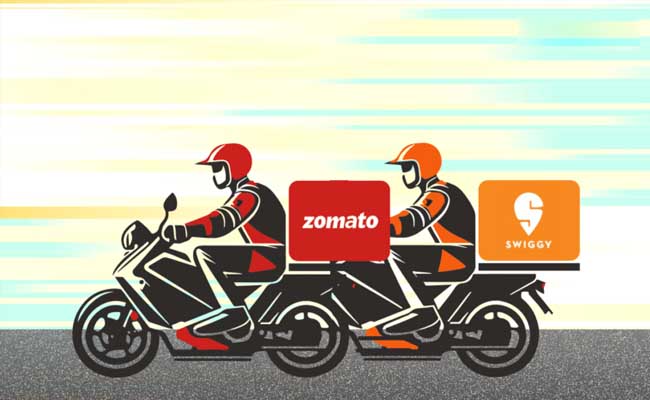
The Goods and Services Tax (GST) Council is reportedly considering a proposal to reduce the GST on food delivery charges from 18% to 5%. If the proposal is approved by the council, the new tax rate could come into effect from January 1, 2025. However, the report notes that food delivery platforms such as Zomato and Swiggy would not be allowed to claim input tax credits under this change.
This proposed reduction follows increasing scrutiny of food delivery platforms by tax authorities. Recently, Zomato was ordered to pay a significant sum of Rs 803.4 crore in taxes and penalties for failing to pay certain taxes from 2019 to 2022, particularly related to GST on delivery charges. Zomato acknowledged the demand in a regulatory filing, confirming the obligation to pay the taxes with interest and penalties.
The move to lower the GST rate on food delivery charges comes in response to requests from foodtech platforms, which have sought a tax reduction to bring the delivery charges in line with the rates applied to restaurants. A lower GST would provide much-needed relief and clarity for platforms like Zomato and Swiggy, which have been dealing with multiple tax notices.
Zomato’s troubles with the tax authorities are not limited to the Rs 803.4 crore demand from Maharashtra's GST authorities. The company has faced similar notices from tax departments in Karnataka, Haryana, and Gujarat earlier this year. Swiggy, Zomato's main competitor, is also facing GST liabilities of up to Rs 326.7 crore, according to its draft red herring prospectus (DRHP) filed with SEBI.
These developments come on the heels of Zomato’s successful Rs 8,500 crore fundraising through a qualified institutional placement (QIP) in November. Following the news, shares of Zomato rose by 2.03%, closing at Rs 294.25, while Swiggy saw an 11.7% increase, closing at Rs 594.80.
Additionally, during the upcoming GST Council meeting in Jaisalmer, the council is expected to discuss a proposal to raise GST on old and used electric vehicles from 12% to 18%, which would be in contrast to the existing 5% GST rate on new EVs.


Legal Battle Over IT Act Intensifies Amid Musk’s India Plans
The outcome of the legal dispute between X Corp and the Indian government c...

Wipro inks 10-year deal with Phoenix Group's ReAssure UK worth
The agreement, executed through Wipro and its 100% subsidiary,...

Centre announces that DPDP Rules nearing Finalisation by April
The government seeks to refine the rules for robust data protection, ensuri...

Home Ministry cracks down on PoS agents in digital arrest scam
Digital arrest scams are a growing cybercrime where victims are coerced or ...

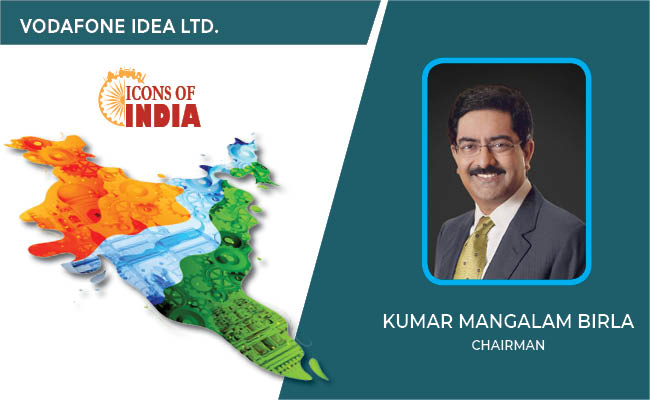
Icons Of India : Kumar Mangalam Birla
Aditya Birla Group chairman Kumar Mangalam Birla recently made a comeb...
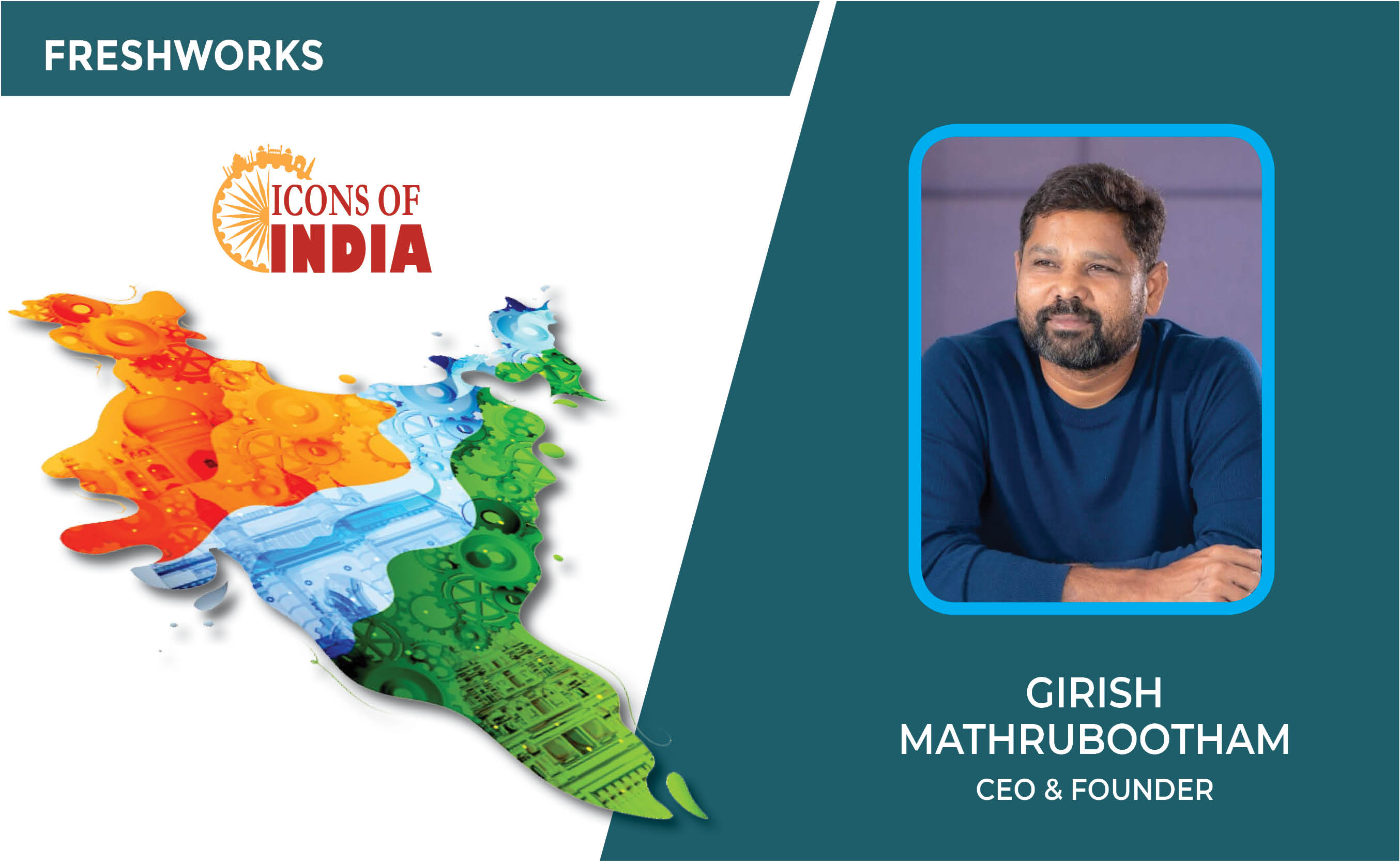
Icons Of India : Girish Mathrubootham
Girish Mathrubootham is the Founder of Freshworks (previously known ...


NPCI - National Payments Corporation of India
NPCI is an umbrella organization for operating retail payments and set...
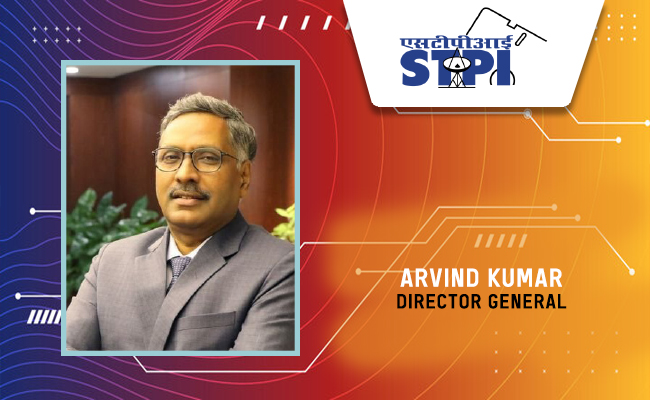
STPI - Software Technology Parks of India
STPI promotes and facilitates the growth of the IT and ITES industry i...
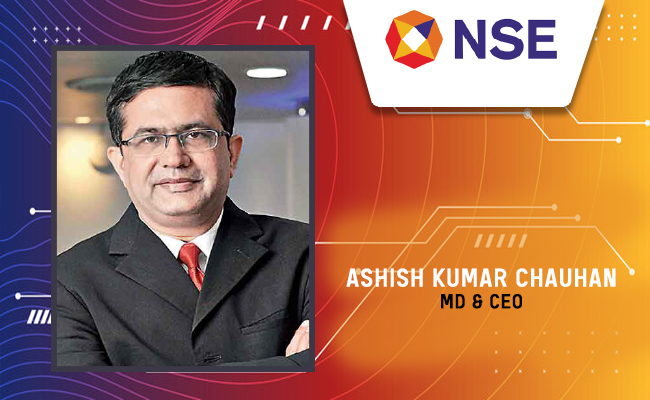


Indian Tech Talent Excelling The Tech World - Sundar Pichai, CEO- Alphabet Inc.
Sundar Pichai, the CEO of Google and its parent company Alphabet Inc.,...
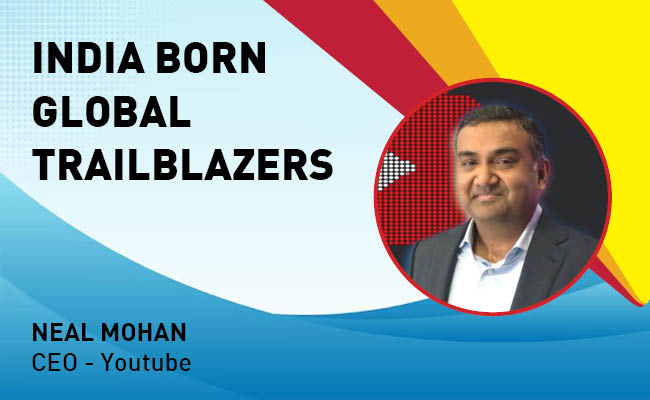
Indian Tech Talent Excelling The Tech World - NEAL MOHAN, CEO - Youtube
Neal Mohan, the CEO of YouTube, has a bold vision for the platform’s...

Indian Tech Talent Excelling The Tech World - AJAY BANGA, President - World Bank
Ajay Banga is an Indian-born American business executive who currently...
 of images belongs to the respective copyright holders
of images belongs to the respective copyright holders